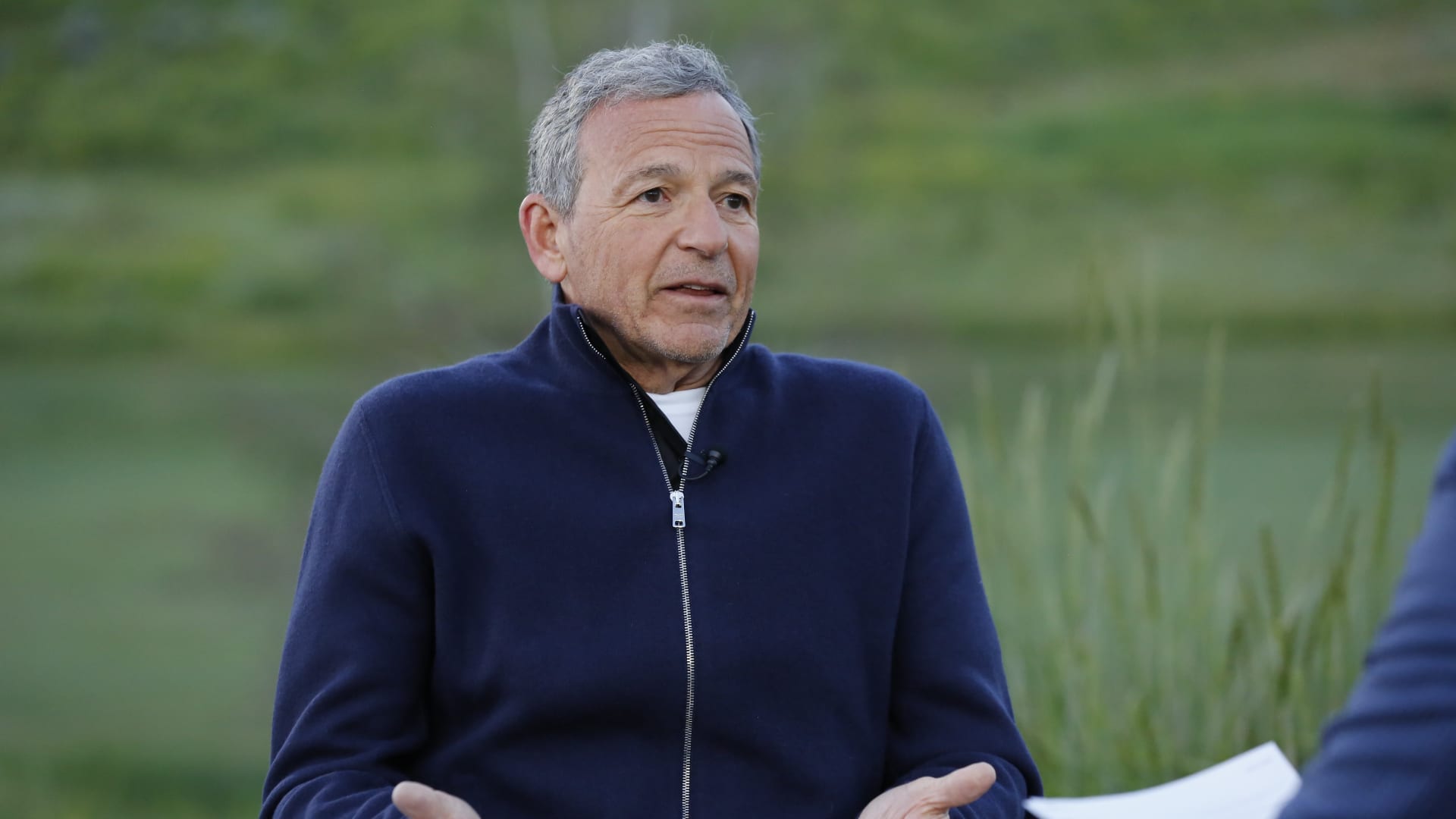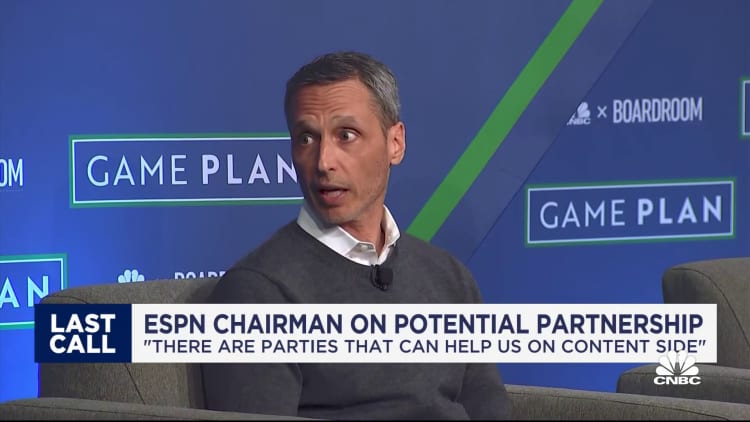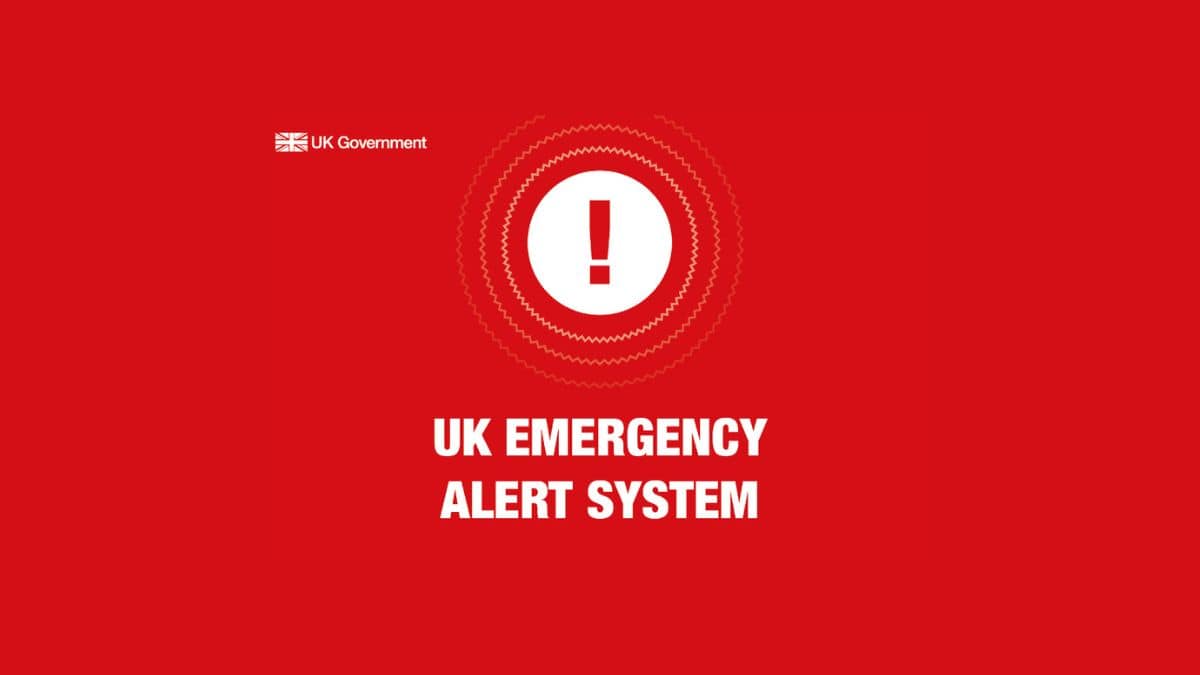
Disney CEO Bob Iger speaking with CNBC’s David Faber at the Allen&Co. Annual Conference in Sun Valley, Idaho.
David A. Grogan | CNBC
Disney CEO Bob Iger has taken the unusual step of paying former executives Kevin Mayer and Tom Staggs a consulting fee to help him solve a complex problem: what to do with ESPN.
Mayer and Staggs are the co-CEOs of Candle Media. Both men are close with Iger and have served as informal advisors to him in the past. They’re working with ESPN President Jimmy Pitaro on the strategic options for ESPN and, to a lesser degree, Disney’s other linear cable networks.
Iger is looking for new ways to jumpstart ESPN because the rate of U.S. cable cancellations has accelerated. In years past, ESPN could still generate revenue growth by increasing programming fees for pay TV distributors, such as Comcast, Charter and DirecTV.
That dynamic no longer exists. As ESPN revenue declines, it will become a larger anchor on Disney’s earnings. That has prompted Iger to explore different strategic alternatives.
Iger told CNBC’s David Faber last month he has had become more confident about when ESPN will launch a direct-to-consumer product. ESPN’s best programming is still exclusive to the linear cable TV bundle. Disney offers many of its lower-rated live games on its ESPN+ streaming service, which costs $9.99 per month.
When ESPN does decide to offer an unbundled subscription service, it will likely cause even more people to cancel pay TV. That’s why ESPN has waited so long to go direct to consumer.
Iger declined last month to say when he planned to offer a direct-to-consumer ESPN. It likely won’t be in 2023 or 2024, according to people familiar with the matter.
An ESPN spokesman declined to comment.
Discussions with the leagues
Iger wants to find minority partners to take equity stakes in ESPN. The sports network has held early talks with the National Football League, Major League Baseball, and the National Basketball Association on the concept, CNBC reported last month.
The National Hockey League has also been involved in these conversations, according to people familiar with the matter. An NFL spokesperson declined to comment.
Selling a part of ESPN to four professional sports leagues would be unprecedented. The leagues are focused on transitioning their products to a streaming-dominated landscape. Taking a stake in ESPN and having the network’s expertise in building an all-sports subscription service could help the leagues create a unified product and navigate the new economics outside of the traditional TV bundle.
But a deal might also irritate their existing media partners and create potential conflicts of interest. Leagues would have a vested interest in ESPN’s success if they owned equity stakes. That may not help the leagues maximize sports rights valuations, which have traditionally risen due to bidding wars among media and technology companies such as Comcast‘s NBCUniversal, Fox, Paramount Global, Warner Bros. Discovery, Apple, Alphabet and Amazon.
If ESPN can’t find a suitable deal for minority partners, it has not ruled out a full spin of the network, according to a person familiar with the matter.
Iger has resisted spinning off ESPN in the past and told CNBC he wanted to stay in the sports business. Mayer, who was executive vice president of corporate strategy at Disney before running the streaming business, has been more open minded about spinning off ESPN when he previously worked at Disney, according to people familiar with the matter.
Mayer left the company in 2020 to take the CEO job at TikTok. He declined to comment.
Iger told Faber last month that he wasn’t “necessarily” interested in spinning off ESPN as a separately traded company. The focus for Mayer, Staggs and Pitaro is finding a way where Disney can keep a majority stake in ESPN, according to people familiar with the matter. Disney currently owns 80% of ESPN and Hearst holds 20%.
Iger is looking for partners who bring advantages to ESPN in either content or distribution. Still it’s unclear if another strategic company would have any interest in owning a minority stake in ESPN. If Disney is the majority owner, it would control the fate of the network.
WATCH: Taking our flagship channels direct-to-consumer is a when, not an if, says ESPN’s Jimmy Pitaro








